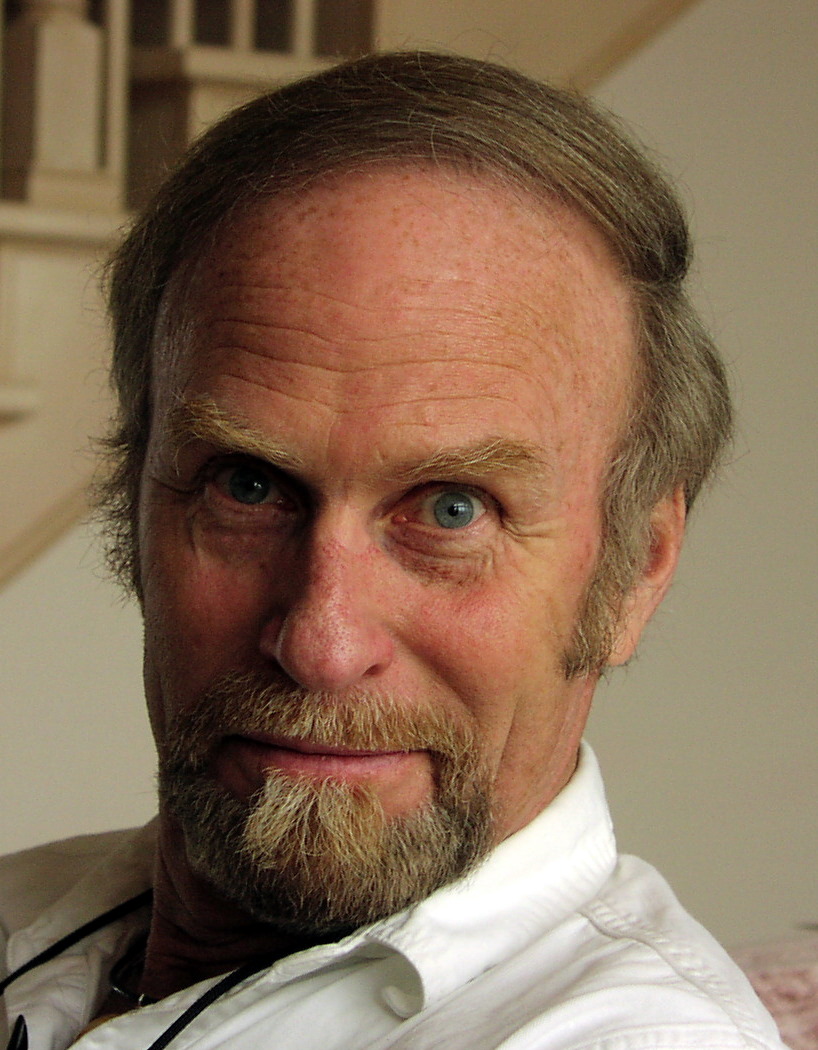Notice presidential candidates on both sides promise more job growth, bigger pay checks and an expanding economy! They talk about sustainable growth and greater economic progress. All of it depends on growth.
If you drove an hour to work each day in bumper-to-bumper traffic in Los Angeles, would you want more growth? When you stand in a long line at the grocery store in Chicago, do you want more people in ‘Chi Town’? If you walked to work through the overloaded streets of New York City, would you demand more skyscraper apartment buildings to give you even more crowded sidewalks? How about trying to drive to work in Atlanta where they must build a second beltway around the city to alleviate the mind-numbing traffic on the first beltway? Do Atlanta residents want more growth?
If your husband stood six feet tall and weighed 300 pounds, would you like to see him add another 50 pounds as a positive aspect of growth? If you suffered cancer, and millions of Americans suffer from it, and die--would you like to see that cancer enjoy unlimited ‘growth’ as it takes over your body? Growth is good, right?! Everything should keep growing until it bursts!
Albert Einstein said, “Only two things are infinite—the universe and human stupidity.”
Since the United States houses 300 million people, how about adding another 100 million, even 200 million and, what the heck, let’s add another 300 million people to the USA, just to see what happens.
Let’s not look at China, India and Mexico to see what’s already happened. That would be asking too much of anyone with an ounce of common sense.
Lester Brown, publisher of “State of the World” said, “We recently entered a new century, but we are also entering a new world, one where the collisions between our demands and the earth’s capacity to satisfy them are becoming daily events. It may be another crop-withering heat wave, another village abandoned because of invading sand dunes, or another aquifer pumped dry. If we do not act quickly to reverse the trends, these seemingly isolated events will occur more and more frequently, accumulating and combining to determine our future.
“Resources that accumulated over eons of geological time are being consumed in a single human lifespan. We cross natural thresholds that we cannot see and violating deadlines that we do not recognize. These deadlines, determined by nature, are not politically negotiable.
“Nature has many thresholds that we discover only when it is too late. For example, when we exceed the sustainable catch of a fishery, the stocks begin to shrink. Once this threshold is crossed, we have a limited time in which to back off and lighten the catch. If we fail to meet this deadline, breeding populations shrink to where the fishery is no longer viable, and it collapses.
“We know from earlier civilizations that the lead indicators of economic decline were environmental, not economic. The trees went first, then the soil, and finally the civilization itself.
“Our situation today is far more challenging because in addition to shrinking forests and eroding soils, we must deal with falling water tables, more frequent crop-withering heat waves, collapsing fisheries, expanding deserts, deteriorating rangelands, dying coral reefs, melting glaciers, rising seas, more-powerful storms, disappearing species, and, soon, shrinking oil supplies. Although these ecologically destructive trends have been evident for some time, and some have been reversed at the national level, not one has been reversed at the global level.
“The bottom line is that the world is in what ecologists call an “overshoot-and-collapse” mode. Demand has exceeded the sustainable yield of natural systems at the local level countless times in the past. Now, it is doing so at the global level. Forests are shrinking for the world as a whole. Fishery collapses are widespread. Grasslands are deteriorating on every continent. Water tables are falling in many countries. Carbon dioxide (CO2) emissions exceed CO2 sequestration.
“In 2002, a team of scientists led by Mathis Wackernagel, who now heads the Global Footprint Network, concluded that humanity’s collective demands first surpassed the earth’s regenerative capacity around 1980. Their study, published by the U.S. National Academy of Sciences, estimated that global demands in 1999 exceeded that capacity by 20 percent. The gap, growing by 1 percent or so a year, is now much wider. We are meeting current demands by consuming the earth’s natural assets, setting the stage for decline and collapse.
“The world is facing the emergence of a geopolitics of scarcity, which is already highly visible in the efforts by China, India, and other developing countries to ensure their access to oil supplies. In the future, the issue will be who gets access to not only Middle Eastern oil but also Brazilian ethanol and North American grain. Pressures on land and water resources, already excessive in most of the world, will intensify further as the demand for biofuels climbs. This geopolitics of scarcity is an early manifestation of civilization in an overshoot-and-collapse mode, much like the one that emerged among the Mayan cities competing for food in that civilization’s waning years.”
(Note: You can view every article as one long page if you sign up as an Advocate Member, or higher).





